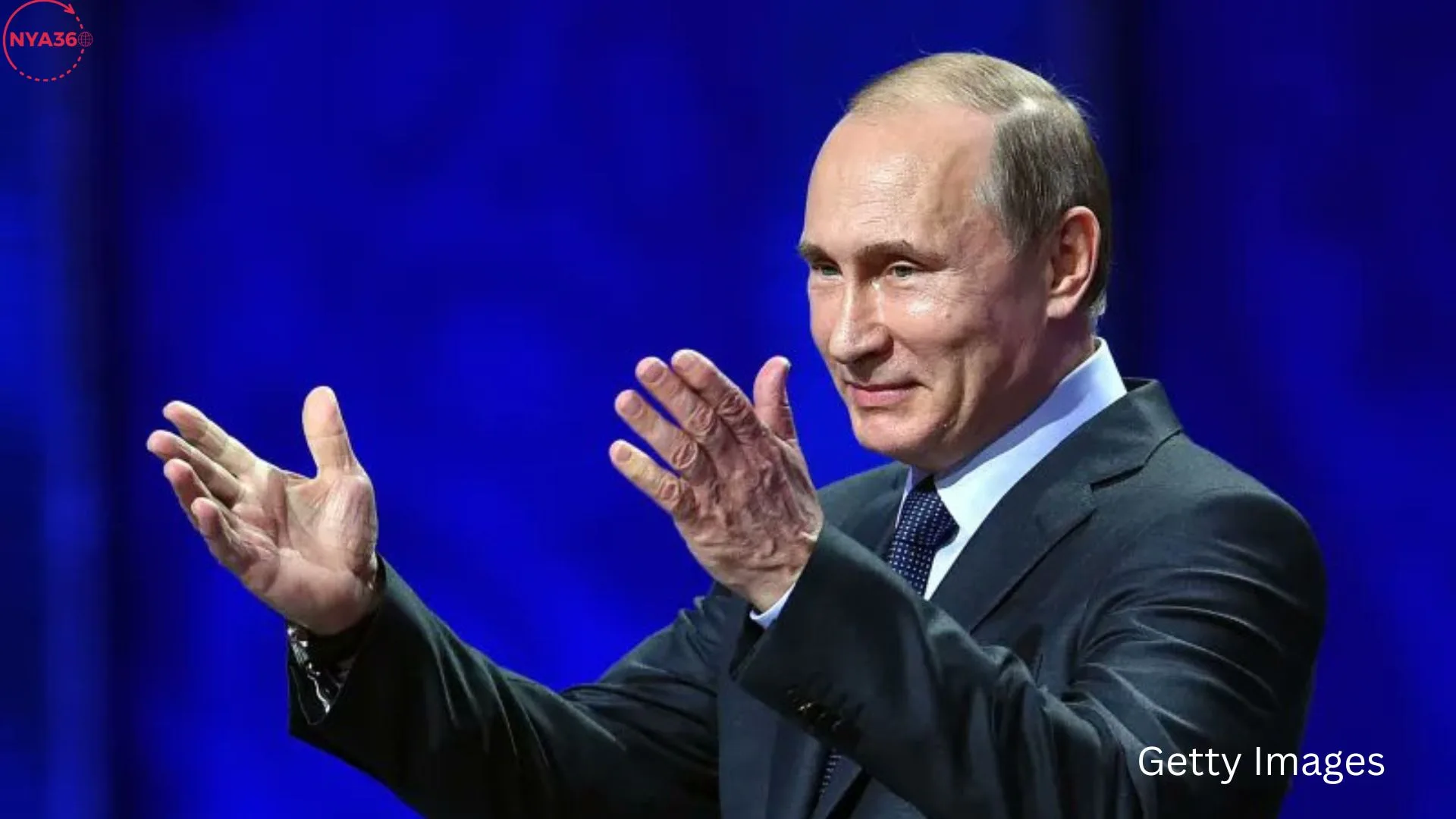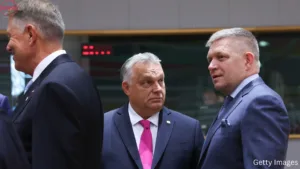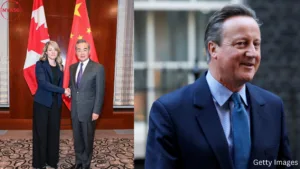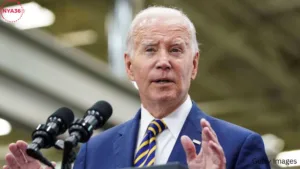The Russian presidential election, won by Vladimir Putin, has been tarnished by instances of violence and protest, both domestically and internationally. These events underscore the profound differences and dissatisfaction that exist inside Russia and its surrounding countries. With Putin’s re-election, concerns arise regarding the validity of the election procedures and the trajectory of Russian internal and external policies.
In Moldova, a man was apprehended after he hurled a Molotov cocktail at the Russian embassy in the capital city of Chisinau, where the Russian elections were taking place, resulting in heightened tensions. The audacious assault, taking place during the electoral procedure, highlights the hostility aimed at Putin’s government and its perceived sway in neighboring nations. Although there were no reports of injuries or substantial damage to the embassy complex, the episode serves as a clear reminder of the volatility and instability afflicting the region.
The assault on the Russian embassy in Moldova occurs during a period of increasing hostilities between Russia and Western countries. This is due to Russia’s seizure of Crimea and its continued military involvement in Ukraine, which has greatly impacted global diplomatic relations. Moldova, a former Soviet republic, is currently facing the challenge of being caught in the middle of geopolitical rivalry. It is torn between its desire to integrate with Europe and its historical connections to Russia.
🚨🇷🇺BREAKING: RUSSIAN EMBASSY IN MOLDOVA ATTACKED
A man has been detained after throwing a petrol bomb at the embassy in the capital, Chisinau, where voting in the Russian elections was taking place.
There are no reports of any injuries or serious damage to the building at… https://t.co/tRwZllJVcS pic.twitter.com/yeEmbfxQXA
— Mario Nawfal (@MarioNawfal) March 17, 2024
Meanwhile, in Kazakhstan, a large number of Russian voters have gathered in public spaces to express their opposition to Putin’s re-election. They are choosing not to vote as a way of demonstrating their disagreement with his autocratic governance. The remarkable exhibition of public resistance highlights the increasing disappointment with Putin’s governance and the deterioration of democratic principles in Russia. Despite the authorities’ efforts to quell dissent and silence criticism, the protests stand as a powerful symbol of resistance against Putin’s control over the government.
The protests in Kazakhstan pose a substantial threat to Putin’s power, indicating a wider surge of dissatisfaction spreading throughout Russia and its affiliated nations. As the Kremlin aims to strengthen its authority in the area, the rise of local opposition movements presents a significant challenge to Putin’s ongoing leadership and raises concerns about the long-term viability of his government.
Although it was largely anticipated, Putin’s triumph in the presidential election does not alleviate concerns regarding the future trajectory of Russian internal and foreign policy. Given the country’s increasing economic difficulties, which have been worsened by sanctions imposed by Western countries and a decrease in global oil prices, it is unclear if Putin will be able to fulfill his commitments to maintaining stability and promoting economic growth.
🚨🇷🇺RUSSIAN VOTERS IN KAZAKHSTAN PROTEST AGAINST PUTIN
Thousands of people are reportedly turning up at polling stations at midday and refusing to cast their votes as a protest against Putin.pic.twitter.com/j1FRcLXvsq https://t.co/eQrDpEj6Lj
— Mario Nawfal (@MarioNawfal) March 17, 2024
In addition, Russia’s proactive foreign policy, marked by military incursions and strategic maneuvering, has put a strain on its relations with Western countries and caused many of its neighboring nations to feel alienated. The assault on the Russian embassy in Moldova and the demonstrations in Kazakhstan are clear indications of the negative response to Putin’s assertive strategies and the increasing international isolation of the Russian government.
As Putin begins another term in government, Russia is confronted with numerous obstacles, including economic stagnation, political repression, and increasing opposition both domestically and internationally. While the presidential election may have temporarily solidified Putin’s control over power, the ongoing grievances that fuel dissent and unrest continue to provide a significant obstacle to the peace and security of the Russian state. Russia can only overcome the divides in its social fabric and move towards a more wealthy and inclusive future by engaging in sincere discussion, reconciliation, and upholding democratic ideals.
Follow us on social media: Instagram, Threads & Twitter X @nya360_ YouTube & Facebook @nya360.





